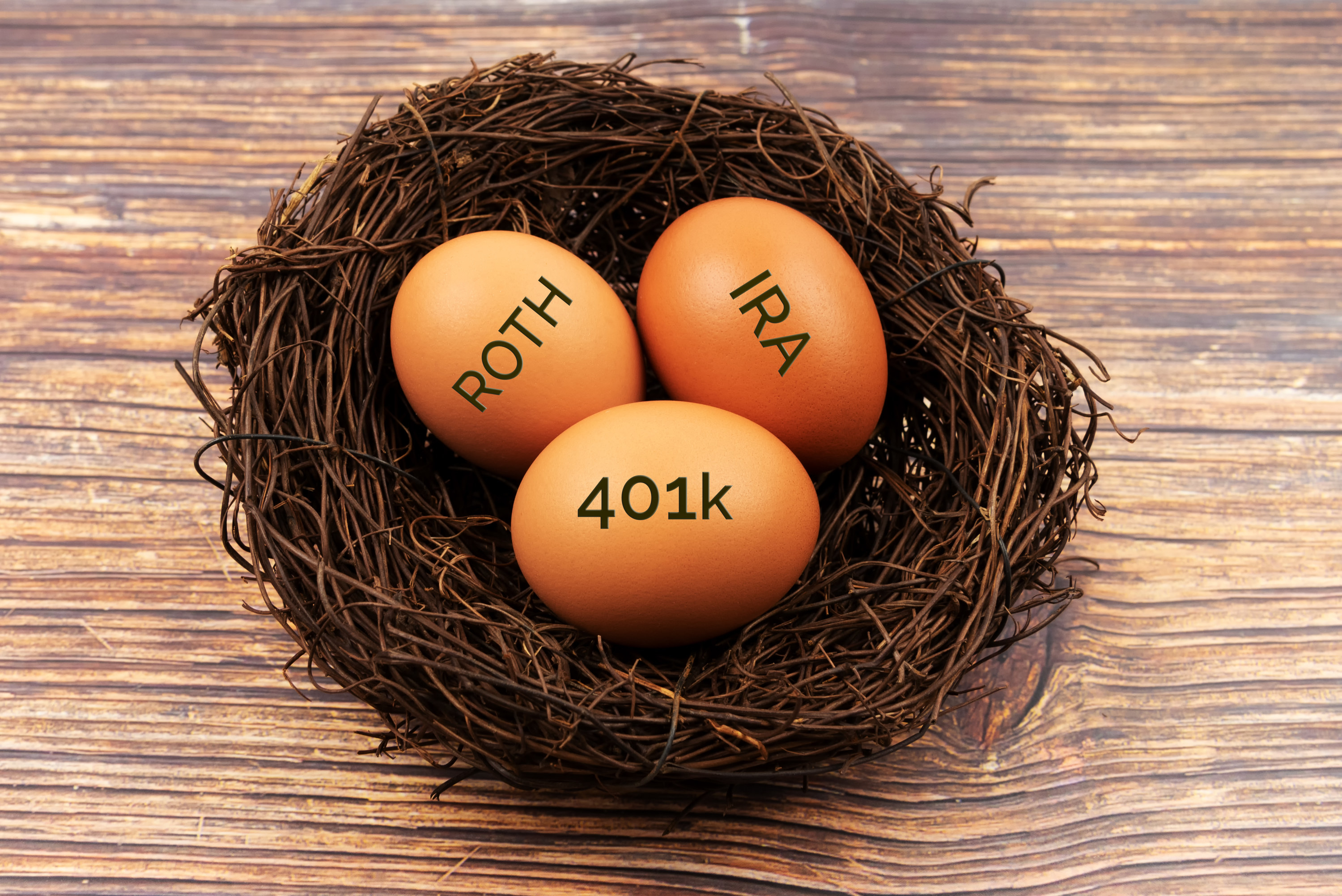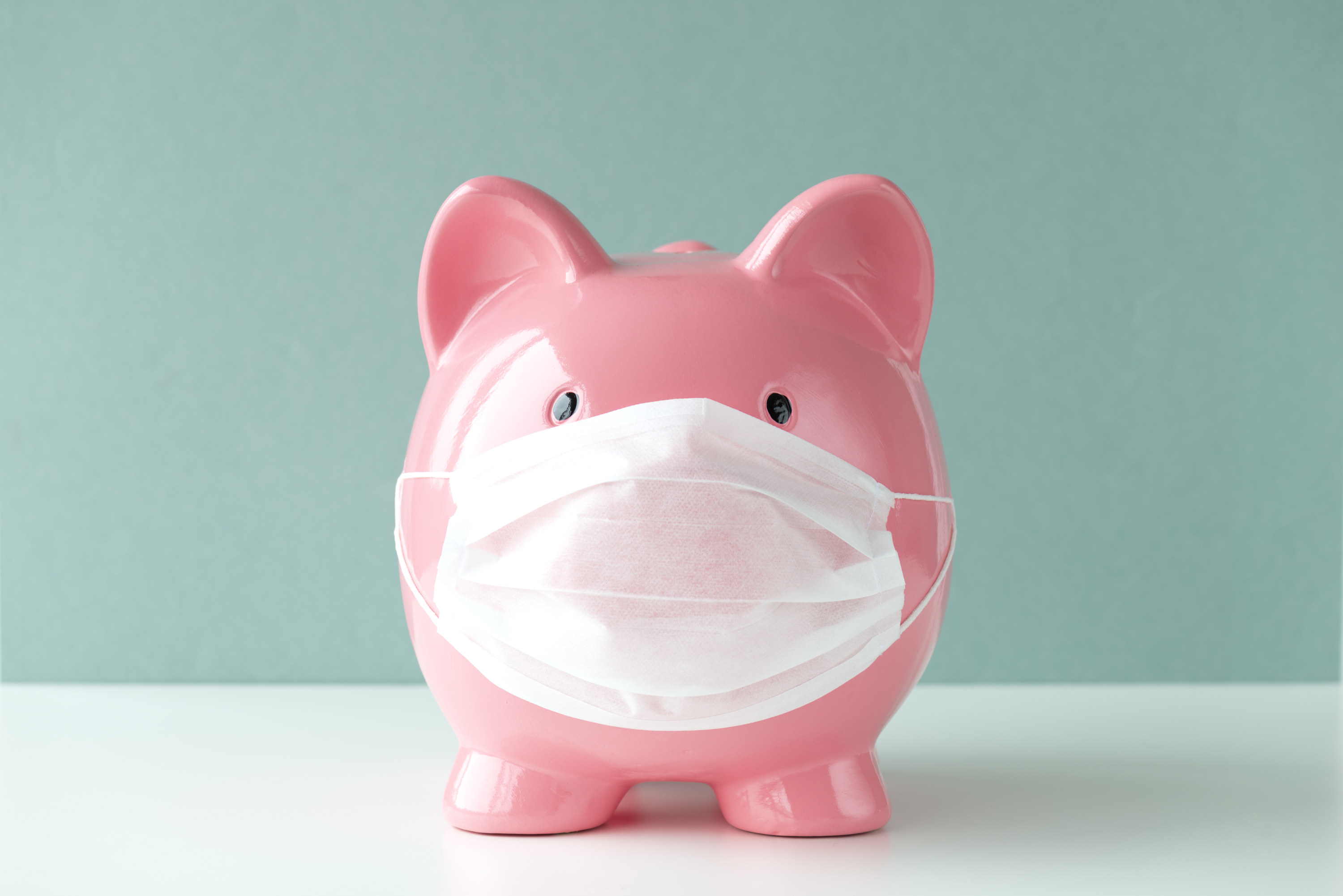Fantasizing about the glorious day when you get to leave the workforce and do whatever the heck you please can feel like a great escape. Maybe you dream about globetrotting, finally pursuing those passion projects you've been putting on the backburner, swimming in a pool of cash, or simply spending more time with your people.
If you haven't started saving for retirement, you aren't alone, by any means. According to recent research by the professional services firm PwC, 1 in 4 Americans don't have a retirement account. Plus, only 36% feel that they're on track for retirement.
Luckily, you don't need a ton of dough to start saving, and all it takes is a few simple moves to get started. We spoke with Jovan Johnson, a fee-only certified financial planner and founder of Piece of Wealth Planning, for some practical ways to get that retirement savings going:
1. Johnson suggests opening a Roth IRA, which is a retirement account that you can open for yourself (no employer help needed) through your bank, credit union, or brokerage. If you get a tax refund, he suggests stashing some of that cash in this account. And you can also make regular contributions throughout the year.

3. There's another important thing about employer-sponsored plans like 401(k)s and 403(b)s: If your employer offers to match what you put in, you'll want to try to contribute *at least* the amount you need to scoop up that money, says Johnson. It's basically free money!
4. Johnson also recommends following the 1% rule. In other words, every year, commit to boosting your retirement contributions by 1% of your income. "This slow increase should not alter your lifestyle much," says Johnson. "You should barely feel the increase, but it will definitely pay off."
5. Did you get a sweet raise this year? Or maybe you're making bank on your side hustles? Consider tapping into some annual bonus, some of your money from a raise, or a bit of "extra cash" to bump up your contributions to your retirement plan.

6. Besides cash from a job bonus or raise, cash back credit cards can surprisingly be a great way to save more toward retirement, says Johnson. "The amounts may seem small, but they add up. And with compound interest, that amount could be very significant in retirement." Johnson personally redeems a few hundred dollars in cash back each year to put toward his retirement savings.

7. Oftentimes, a Health Savings Account (HSA) is overlooked as a retirement vehicle. If you have a qualified high-deductible health plan (HDHP), you may be able to contribute to an HSA, says Johnson. You can use the money in an HSA for qualified medical expenses, which include out-of-pocket medical expenses, equipment, and supplies.

8. And lastly, get into a savings-first mindset. If you get in the habit of paying yourself first, you'll be able to turn small amounts of savings into a larger fund over time.
Are you saving for retirement? Why or why not? Share your experiences in the comments.
And for more stories about life and money, check out the rest of our personal finance posts.

